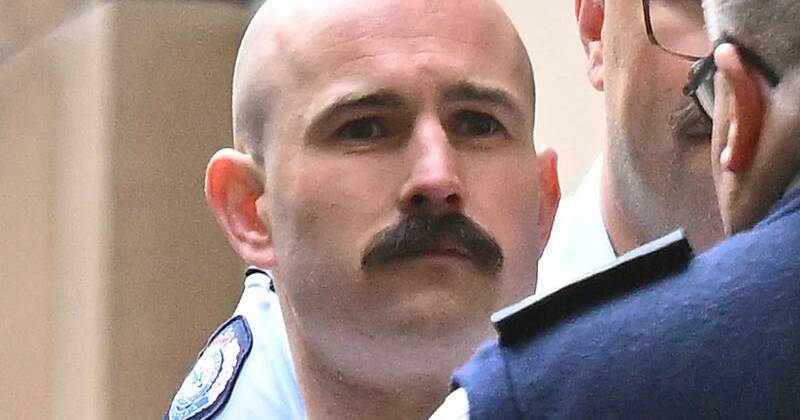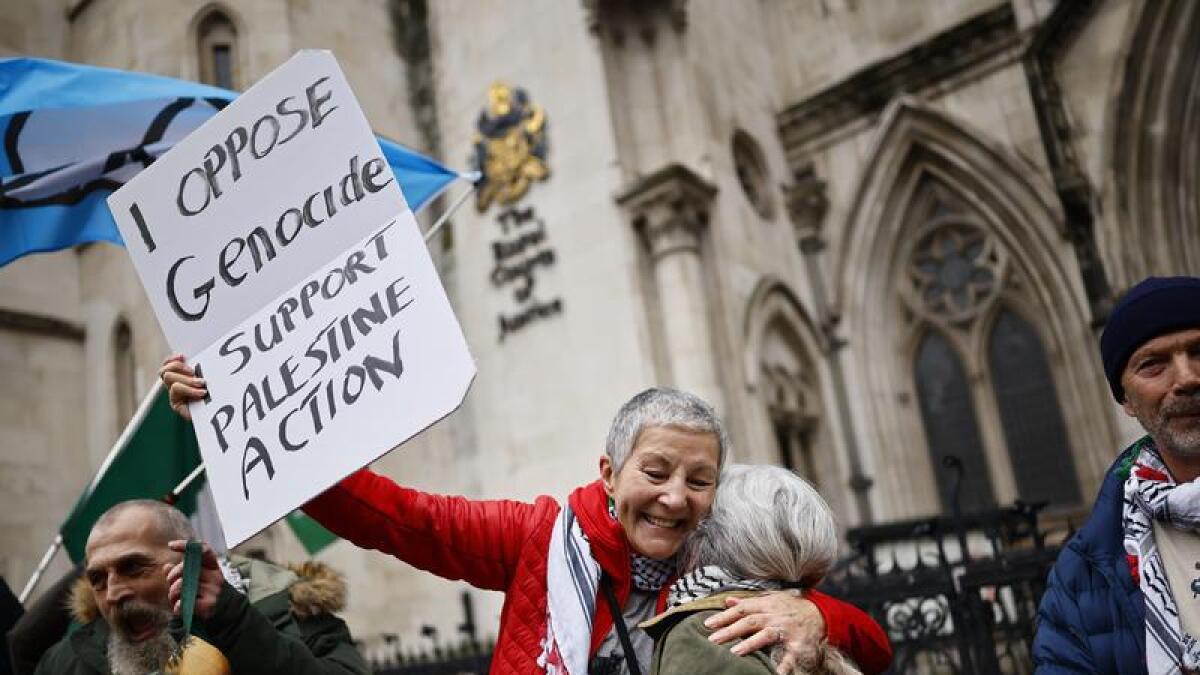
UPDATE: Thomas Sewell, a 32-year-old Neo-Nazi leader, has made a second bail bid following his alleged role in a violent attack on an Aboriginal protest site in Melbourne. Sewell appeared in the Supreme Court on Wednesday, flanked by his fiancée, Rebecca Konstantinou, who is offering a $20,000 surety for his release.
The attack, which occurred on August 31 during the Camp Sovereignty protest, involved a group of approximately 30 men storming the site after attending an anti-immigration rally. Sewell faces numerous charges, including violent disorder, affray, and assault. His initial bail request was denied by a magistrate in September, but his legal team argues he should be released while awaiting trial, which could take up to two years.
During the hearing, Sewell’s barrister, Dermot Dann KC, asserted that it is unjust for Sewell to remain imprisoned while 15 co-accused individuals have been granted bail. “If this man is not released on bail, will he spend more time in custody on remand than he would if convicted and sentenced?” Dann questioned. He highlighted potential issues in the prosecution’s case, including charges against “unknown victims,” which complicate the evidence against Sewell.
Prosecutor Erik Dober opposed the bail request, labeling Sewell as the “initiating force” behind the attack. He argued that Sewell’s leadership in the violent group places him in a more serious position compared to his co-accused. Dober emphasized the severity of Sewell’s actions, stating he could face a lengthy prison sentence nearing the maximum of 10 years for violent disorder.
Konstantinou, who has previously worked with children in schools, testified that she is currently not employed, caring for their two children while Sewell remains incarcerated. The court heard her financial backing for the bail was sourced from her savings and support from family and friends.
As the hearing continues, Sewell’s future hangs in the balance. Justice James Elliott is expected to make a ruling on his bail request later today. This case not only raises questions about public safety but also highlights the ongoing issues of extremism and violence within communities.
Keep an eye on this developing story as we await the court’s decision. The implications of this case could resonate far beyond the courtroom, affecting community relations and public discourse on hate crimes.






